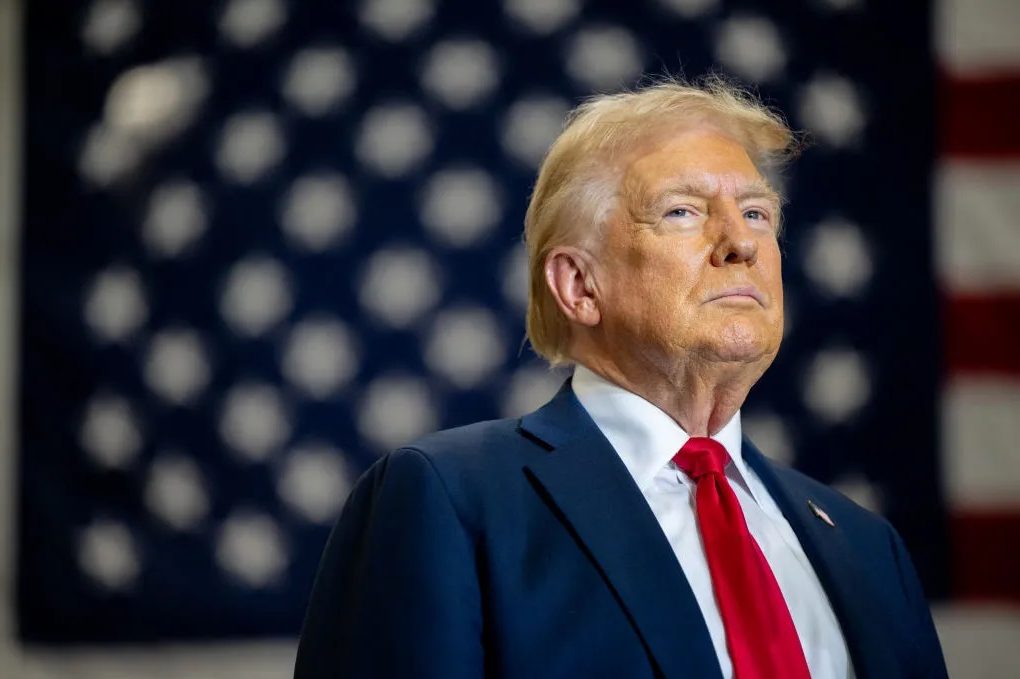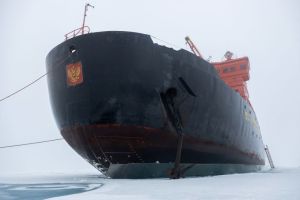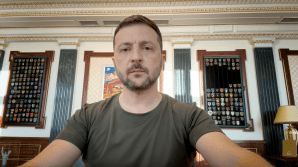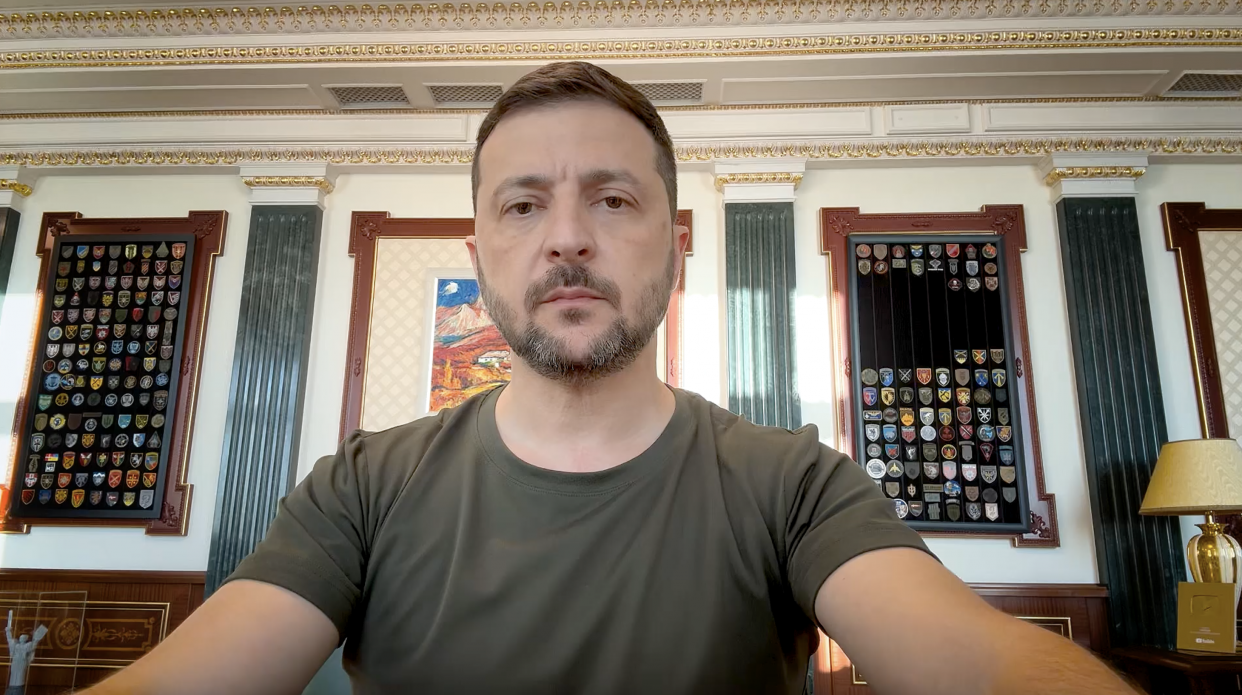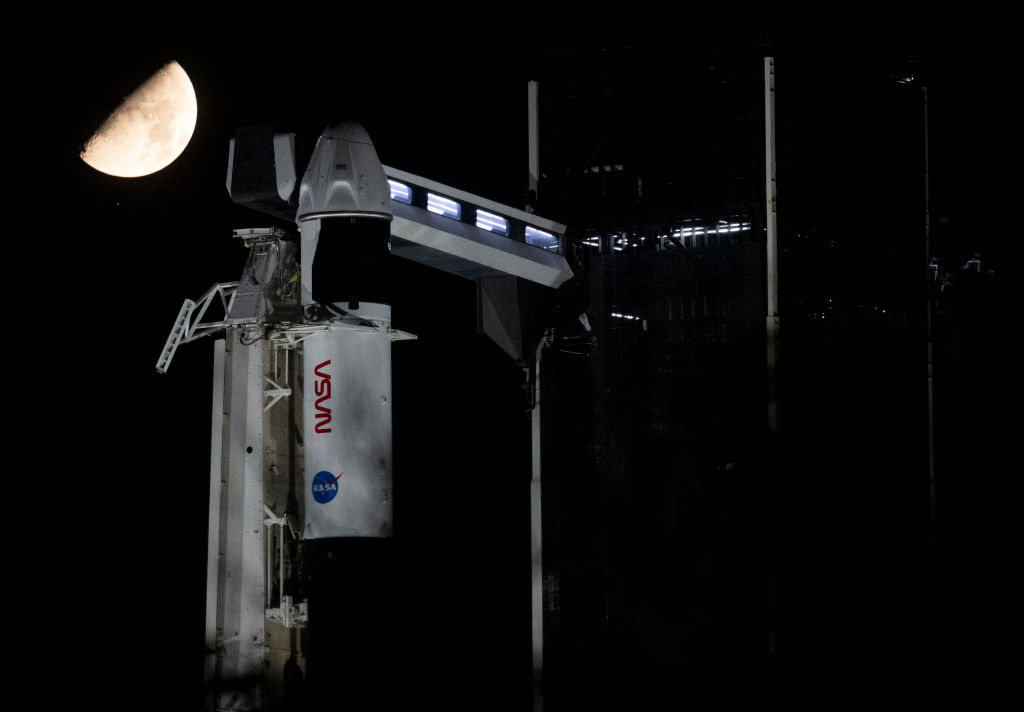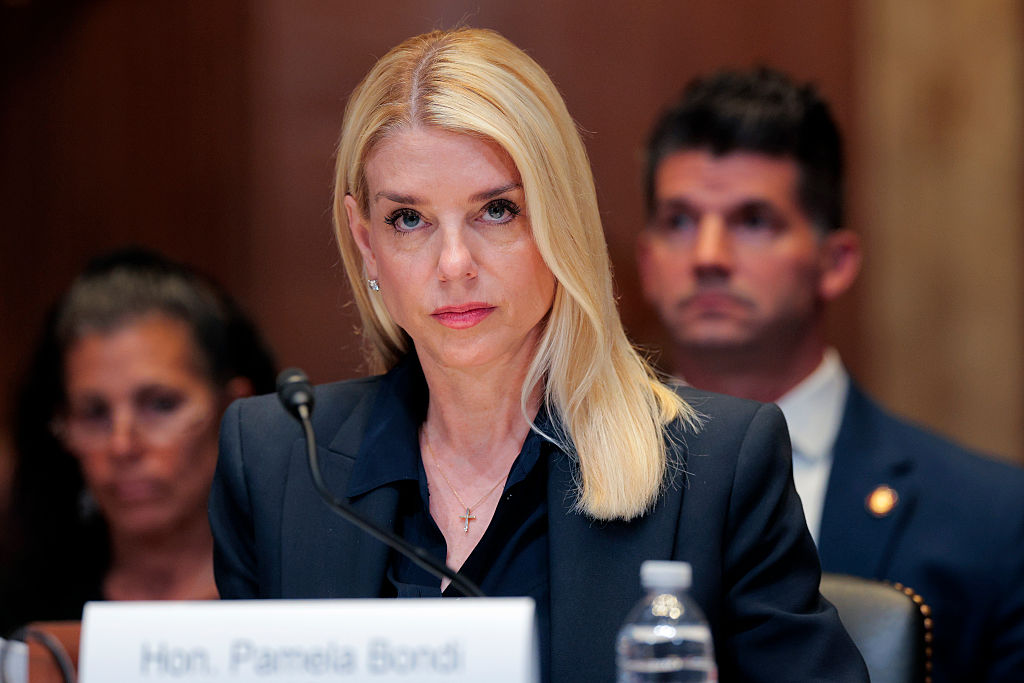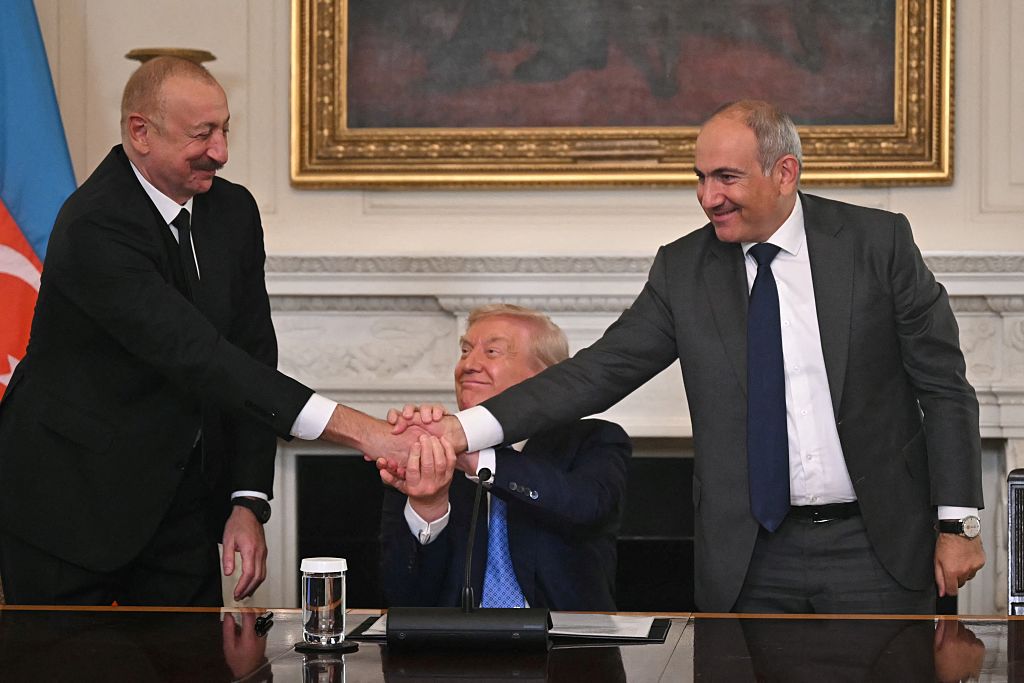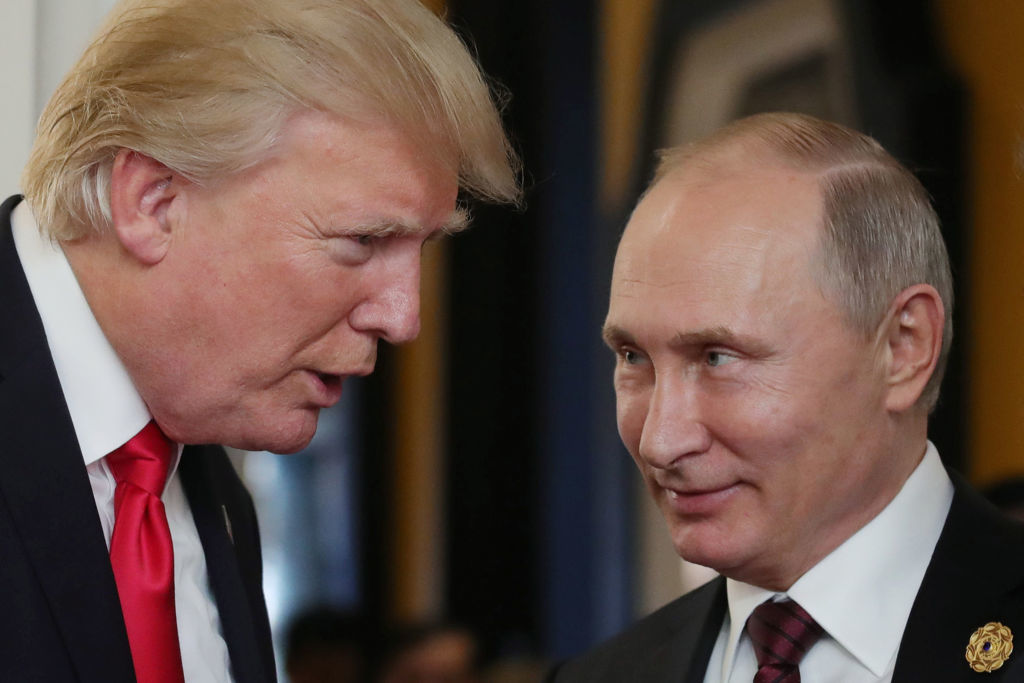Reacting to Volodymyr Zelensky’s visit to Scranton, Pennsylvania, earlier this week, Donald Trump reiterated his long-standing ambition to bring Russia’s war in Ukraine to a quick negotiated settlement instead of continuing with open-ended military support to Kyiv. If he wins the election, Trump said, “the first thing I’m gonna do is call up Zelensky and call up President Putin and I’m gonna say, ‘You gotta make a deal, this is crazy.’”
Trump is often seen as mercurial and unpredictable — an impression he revels in — but his desire to solve conflicts with real estate-like deals forms a consistent pattern of his foreign policy. In the context of Ukraine, that framing stands in irreconcilable tension with another one of Trump’s key foreign policy intuitions: his disdain for NATO.
Trump’s dissing of NATO emboldens the Russians and removes leverage that Washington has over Kyiv
If there is any chance of bringing the war in Ukraine to a negotiated end — and not just to a pause that will enable Russia to regroup and rearm before launching another attack — it will involve extending NATO’s Article 5 guarantees to Ukraine or coming up with a similar arrangement. Without a strong NATO led by the United States, such as an outcome would be firmly out of reach.
Zelensky may have a four-point plan for victory, but the first point on his list is by far the most important: NATO membership for Ukraine. Who holds which piece of Ukrainian (and now Russian) territory may matter on symbolic, political, and humanitarian grounds, but it is largely independent of the long-term challenge of ensuring that Russians never, ever try anything like the 2022 invasion again.
Without NATO membership or some close substitute — think a large US-led force in Ukraine ready to enforce a future ceasefire or peace deal — what would stop the Kremlin from resuming hostilities at a time of its choosing? Ukraine’s re-nuclearization? Or perhaps some regional, Polish-Nordic alliance committed to defending free Ukraine from Russian re-invasion? (While Trump may see NATO as an expensive liability, it is hard to imagine how the relevant alternatives, without Washington in the picture, would be conducive to US interests.)
Yet, the direction in which Trump is pushing the Europeans reduces the alliance to a protection racket: “Look, if they’re not going to pay, we’re not going to protect.” National security voices who are likely to gain traction in a second Trump term may phrase it in more polite terms, but the substance is the same. The US nuclear umbrella, airpower, and naval bases may be staying in Europe but most of the burden of conventional deterrence would be passed on to Europeans.
This may or may not be a good idea. For one, it would certainly give America less of a voice in European matters, just like the Biden team’s unwillingness to project power in the Middle East has made it a spectator to an increasingly volatile regional situation.
From the perspective of a swift conclusion of the war in Ukraine, Trump’s dissing of NATO both emboldens the Russians and removes leverage that Washington may otherwise have over Kyiv. Without the promise of Article 5-like security guarantees backed by the United States, what faith can Ukrainians put into a Trump-brokered agreement with Russia?
Trump likes to pretend that he operates outside of the constraints imposed by normal political life, but some facts are inescapable. He cannot have it both ways: either he recommits to NATO and its power to deter, or he abandons it. If he abandons it, not only is there no end in sight for the war in Ukraine, but the conflict itself is just a taste of the post-American world, coming in the absence of Washington’s leadership.
This article was originally published on The Spectator’s UK website.



